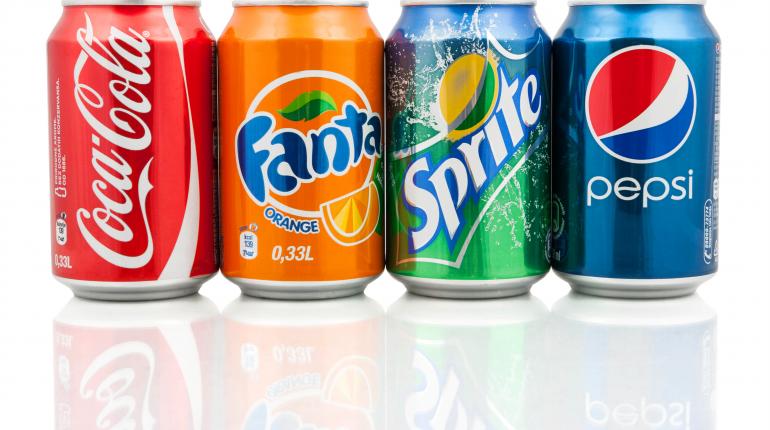Cavities are a common dental problem, but this early form of tooth decay may be prevented easily if you brush your teeth and floss properly every day.
And that’s not all. Certain factors can increase your risk for developing tooth decay. Not brushing and flossing your teeth to remove plaque is a top risk factor, but keep these others in mind:
- Specific foods and drinks. Foods that cling to your teeth are the most likely to promote tooth decay. All sugars and most cooked starchy foods are major plaque promoters, including milk, honey, raisins, hard candy, dry cereal and bread.
- Frequent snacking. Some diets suggest eating several small meals each day to help lose weight or maintain weight loss. But remember that if you snack frequently, no matter what type of food, the acid in the food has more time to damage your teeth. Here’s another tip: Brushing your teeth after eating not only removes plaque, it can also help you stick to your diet by making your mouth feel cleaner so you’ll be less likely to snack.
- Bottled water instead of tap. Many people are concerned about the quality of their local tap water, but public water supplies contain fluoride, which promotes oral health by helping to protect tooth enamel from plaque buildup. Check the labels on your bottled water—some have added fluoride. And if you have children, check with your dentist about the correct amount of fluoride that they should get to help control plaque and promote oral health.
- Receding gums. If your gums are receding, plaque can form near the roots of the teeth, which are not protected by tooth enamel and are more vulnerable to decay.





